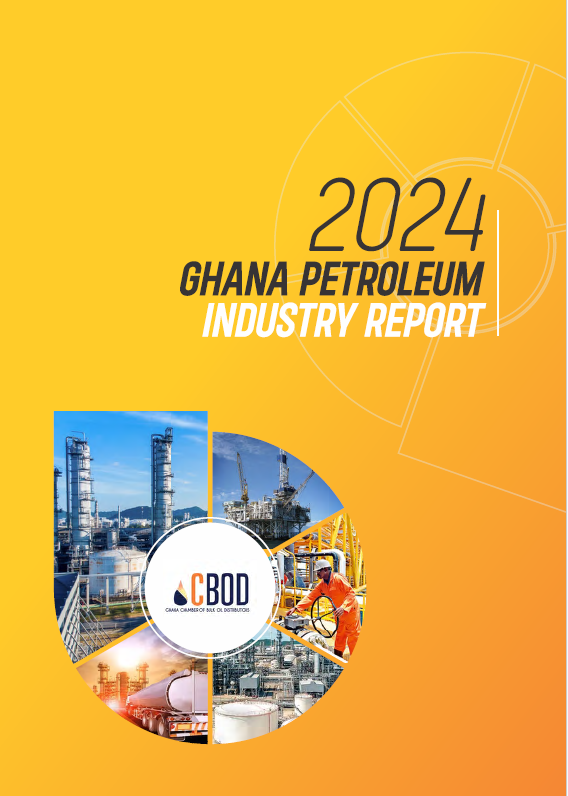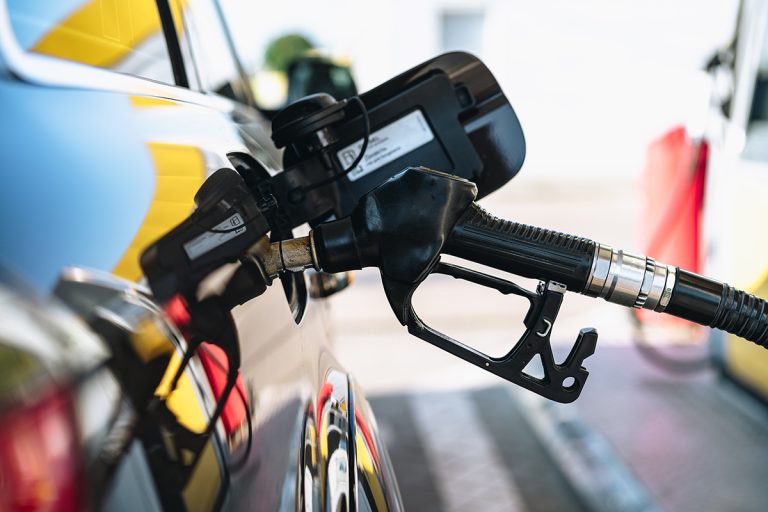COPEC, a petroleum sector watchdog, is demanding that government abrogates the ¢10 billion Energy Bond currently being issued.
According to the petroleum sector watchdog, the bond rules out any possibility for the government to scale down on taxes on the commodity “even in the event of shocks on the international markets as happened in recent times from the hurricanes whose effects Ghanaians are still paying for”.
The Government, through the Finance Ministry, and Energy Ministry is showcasing a bond to raise a GHȻ10 billion to pay off the energy sector debts now estimated at around $2.5 billion.
COPEC has said in a statement Monday that the bond is “under-suscribed due to the uncertainties surrounding it with Fidelity Bank and Standard Chartered Bank serving as the lead banks.”
Executive Secretary of COPEC, Duncan Amoah, said in the statement that “government’s own promise to scale down on the nuisance taxes though partly fulfilled, has so far yielded only a cumulative 2.6% reduction in pump prices from the 2017 Asempa Budget, although fuel prices has also gone up by over 13% since January to date”.
COPEC believes that the bond will bring additional hardship to consumers.
Read the full COPEC statement below.
HALT AND REVIEW THE GHC10BILLION ENERGY BOND
30/10/17
BACKGROUND
The Government of Ghana in December 2015, introduced the Energy Sector Levies Bill to Parliament with the aim of raking in some additional revenues downstream from petroleum consumers, notable among these new taxes was the introduction of the Energy Debt Recovery Levy whose main purpose was to generate some funds from consumers to be able to pay for the crippling but avoidable debts in the energy and power sectors.
This Energy Sector debt estimated at around $1.6billion at the time, was expected to be retired in a maximum 5 years after which it will be scrapped and taken off the petroleum consumer.
This bill was passed into law and came into effect on January 2nd, 2016, pump prices went up by between 25-30% much to the chagrin of petroleum consumers, but as with all taxes, the excuse was that the government was reeling under huge debts following from the non existent petroleum subsidies programme over the years as well as debts accumulated in the power sector and thus had to raise these monies from the innocent public anyhow to pay. Fuel prices went up.
2017 ENERGY BOND
The Government, through the Ministry of Finance and Economic Planning and The Ministry of Energy is showcasing a bond which has till date been under-suscribed due to the uncertainties surrounding it with Fidelity Bank and Standard Chartered Bank serving as the lead banks.
The aim being, to raise a Ghc10billion bond to pay off the energy sector debts now estimated at around $2.5billion.
There is clearly a need to pay off the debts and clean the books of these power companies but the current mix will only serve a temporal purpose if the pertinent issues are not immediately addressed instead of going for further debts onto the existing debt profiles.
The Energy Sector Levies Act (ESLA) increased and introduced other taxes such as the new 41p/litre Energy Debt Recovery Levy fund to be used to pay for the then Energy Debt at $1.6billion
The cumulative effect of the ESLA saw a jump in some existing taxes and an eventual increase in pump prices by between 25-30% onto the petroleum price build up, very notable amongst these new taxes was the 41p/litre Energy Debt Recovery Levy.
This energy sector debt has been variously reported differently from the start of 2016 as it was estimated at around $1.6billion and was expected to be retired in a 5 year period starting from January 2016, using the proceeds from the ESLA.
At the current National daily petroleum consumption of about 10.2million litres/daily. This particular energy debt recovery levy alone at 41p/litre is known to yield over Ghc4Million daily to go into paying for the Energy Sector debt which is originally expected to be retired in the next 4 years and effectively taken off the price build up to reduce the hardship on the common man but seems to become a mirage following the government’s new decision to now float a 10 year bond at a coupon rate of almost 19%.
IMPACT ON FUEL PRICES
The Government’s own promise to scale down on the nuisance taxes though partly fulfilled has so far yielded only a cumulative 2.6% reduction in pump prices from the 2017 Asempa budget, although fuel prices has also gone up by over 13% since January to date.
IMPLICATIONS OF THE BOND ON GOVERNMENT’S OWN PROMISE OF REDUCING NUISANCE TAXES
The new bond effectively rules out any possibility whatsoever for the government to ever scale down on these taxes anytime in the foreseeable even in the event of shocks on the international markets as happened in recent times from the hurricanes whose effects Ghanaians are still paying for.
Fuel prices continue to remain very high even though there has been strenuous attempts by some oil marketing companies to reduce their margins and pump prices and one expect officials at the Energy Ministry to attempt using much better options at managing the issues than just lazily issuing bonds to add further costs to the already suffering consumer.
TENOR OF PAYMENT
Consumers of petroleum products after almost 2 years of paying for Energy Sector Debts are simply being asked to brace up to now permanently pay for Energy Sector Debts as part of their daily fuel consumption with the introduction of this 10 year bond.
BACKGROUND TO ENERGY DEBTS
Some of the factors known to have contributed to the crippling Energy Sector debts are
a) Subsidies on petroleum products
b) Subsidies on power
c) Obsolete equipment leading to transmission losses.
d) Weak collections as well as Non collection and non payment of electricity bills due.
e) Illegal connections
f) Undertaking of very expensive agreements by electricity company of Ghana often resulting in huge financial challenges.
All the above factors that culminated in the growing debts in the energy sector continue to remain as they were with the exception of the introduction of price liberalisation in the petroleum downstream, that has now completely dealt with the issue of petroleum subsidies even though the debts owed the Bulk Distribution Companies still remains unpaid.
Information in the power sector as of today points to new losses of over Ghc70million for this year alone and that the same practices that brought the debts continue to be at play but sadly the petroleum consumer is asked to pay for these avoidable losses which very little has been done about to curtail other than collecting of monies.
CONCLUSIONS
1) An immediate halting, revision or discontinuation of this killer Energy Bond as it will only prolong the cost burden on the innocent consumer by adding almost $500million extra to the existing debt portfolios.
2) An immediate audit of all the power agencies under the Energy Ministry especially the electricity Company of Ghana to ensure all unrealistic and unsustainable practices leading to these losses be corrected to arrest the debts.
3) Quarterly publication of realizations from the Energy debt levy and how it has been applied or disbursed
4) Strict application of the proceeds of the ESLA to ensure that the agreed payment schedules are not missed.
5) A complete plan be put in place to ensure all bulk consumers of power especially the government and private industries that use power do not shirk their responsibilty in paying for power, in this regard, there is the need to overhaul the factors leading to the Energy Sector Debts with immediate effect.
Failure to do the needful but resorting to bond issuance as the panacea for the Energy Sector Debts will only lead to filling a leaking basket which will never realise the needed outcome.
…..Signed….
Duncan Amoah
Executive Secretary.
–
Source: Myjoyonline.com





